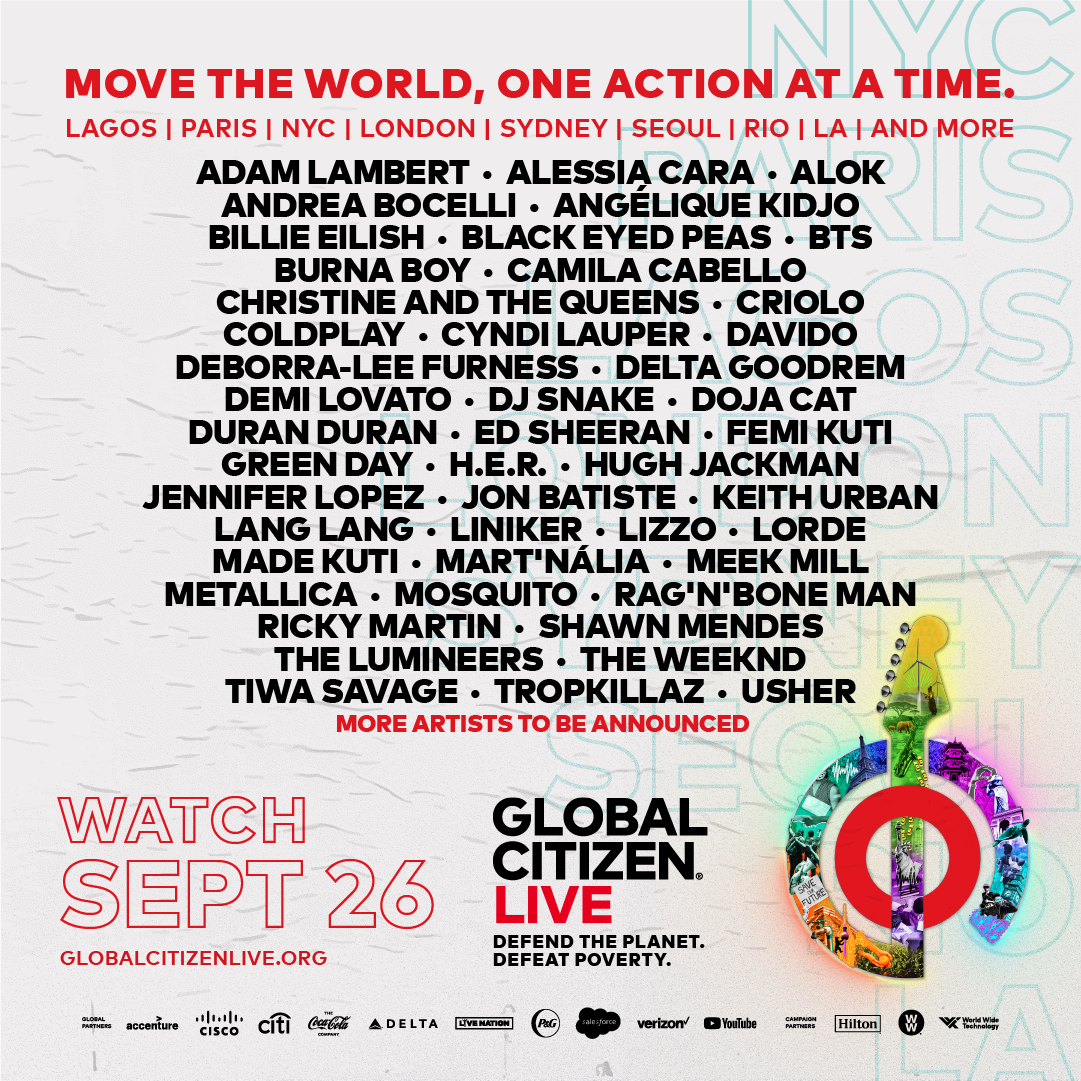Island nations are at the risk of disappearing forever due to global warming — but their voices and calls to action are stronger than ever.
Starting Monday, Sept. 6, you can tune in to the Alliance of Small Island States’ (AOSIS) new podcast Islands on Alert, an eight-part series that will spotlight young activists, policymakers, and climate scientists to offer real testimonials of the challenges faced by small island communities and the harm that the climate crisis has inflicted on Indigenous life.
New episodes will be released every Monday and feature different guest speakers, joining host Andy Liburd to discuss topics such as sustainability, climate finance, and healthy oceans, all leading up to the COP26 climate negotiations coming to Glasgow in November.
All episodes will be available for streaming and download through AOSIS, Spotify, YouTube, and an email list subscription.
The latest report from the Intergovernmental Panel on Climate Change (IPCC) put humanity on “red alert” in terms of the projected consequences of climate change, some of which we’ve seen in the past year. The reality is that droughts, extreme weather, and heat waves are currently on track to continue getting more severe if we don’t take immediate action. The people who stand to suffer the worst consequences of global warming are also those least responsible for driving the crisis — including inhabitants of small island states.
Islands on Alert advocates on behalf of the victims of climate change and urges global leaders to take the necessary actions needed to keep global warming from exceeding 1.5 degrees Celsius. At the COP15 conference in 2009, world leaders pledged $100 billion a year to finance preparation and sustainability for low-income countries affected by the changing climate. Through the podcast, AOSIS aims to ensure that those promises are delivered, a commitment that hasn’t been fully realized since it was first announced.
“We’re witnessing a climate crisis, small island states are under severe threat. We need answers, we need action — and we need them now,” states the podcast’s host Liburd, a veteran media professional from the twin island nation of Antigua and Barbuda.
Why You Should Tune In
AOSIS and the 39 member states it represents have been on the front lines of the climate crisis for over three decades. Fighting for climate justice, sustainable development, and ocean conservation, AOSIS gives a unified voice to people vulnerable on the precipice of disaster.
For years, the alliance has led climate negotiations with governments, achieving historic pledges and commitments to reduce greenhouse gas emissions and keep oceans clean from plastic pollution. And now, at the most pivotal moment in climate history, it’s presenting its most important call to action.
Each episode will take listeners through different aspects of the climate crisis, told through real-life stories, scientific analyses, and outlines of critical actions that must be taken to preserve endangered communities and environments.
Here’s what to expect from the first three episodes:
Episode 1: “1.5 to Stay Alive”
The first episode of the eight-part series, available now, introduces the concept of “1.5 to stay alive” and what it means to small island developing states (SIDS). The featured guest is Dr. Adelle Thomas, a climate scientist and IPCC lead author from The Bahamas. Thomas explains what exactly is at risk for SIDS in terms of global warming exceeding 1.5 degrees Celsius, breaks down the science behind that limit, and describes what must be done to prevent the surpassing it.
#SmallIslandStates are already suffering at 1.2C of warming. Major emitters and global leaders must speed up the race to net zero emissions.
— AOSIS (@AOSISChair) September 2, 2021
Make this #COP26 count! Because the lives, livelihoods, and homes of island people depend on it.#IslandsMatterhttps://t.co/5EGJJWkXwy
Episode 2: “Alliance Assemble”
The second episode, set to be released Sept. 13, will introduce AOSIS climate negotiators to the microphone to tell their stories and reveal an inside look into what goes on in negotiation processes at the United Nations Framework Convention on Climate Change (UNFCCC) and the chaos of the United Nations Conference of Parties (COP).
In the episode, Ruenna Haynes, an international climate law and governance specialist representing Trinidad and Tobago; Clement Yao Mulalap, a legal adviser representing Micronesia; and Ronny Jumeau, a permanent representative of Seychelles to the United Nations, will relive their big wins, struggles and compromises, and the emotions of the policy side of the fight against climate change.
Episode 3: “Adapt to Survive”
The effects of climate change are already impacting small island states. Even if major changes are agreed upon to reduce global emissions and curb its damages on the environment, islanders will still need to prepare for a greener future.
So what does sustainable development and adaptation look like? Where will the funding to implement new technologies and preventative measures come from?
Leo Brewster, the director of the Coastal Zone Management Unit, Barbados; Celine Dyer, climate change coordinator, Cook Islands; and Dominique David Chavez, professor of Indigenous natural resources atColorado State University will tackle these questions and discuss where these adaptations should be implemented and the value that sustainable Indigenous practices offer SIDS and the world.
We don’t want to give it all away, so don’t miss out on a single episode! Tune in every Monday to hear more about pressing topics such as climate justice and whether high-emission countries can be held legally liable for our climate crisis. Gain new perspectives as told through youth activist Okalani Mariner, making changes locally and globally. And learn about the role COP26 will play in the future of SIDS, and what AOSIS’ priorities are.
This moment is critical for the future and lives nurtured by small islands around the world. It’s time to hear their voices.
You can join the Global Citizen Live campaign to defeat poverty and defend the planet by taking action here, and become part of a movement powered by citizens around the world who are taking action together with governments, corporations, and philanthropists to make change.
